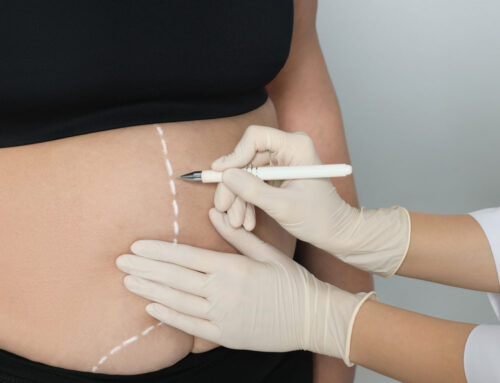Before undergoing bariatric surgery, patients are typically required to follow a specific pre-operative diet to help reduce the size of the liver and minimize the risk of complications during surgery. The exact pre-operative diet plan may vary depending on the type of bariatric surgery that is planned, as well as the specific requirements of the patient’s surgeon and medical team.
However, some general guidelines for a pre-operative bariatric surgery diet may include:
- High protein intake: Consuming protein-rich foods, such as lean meats, fish, eggs, low-fat dairy, and plant-based protein sources, can help maintain muscle mass and promote healing after surgery.
- Low carbohydrate intake: Limiting carbohydrate intake may help reduce the size of the liver and decrease the risk of complications during surgery. Patients may be advised to avoid or limit high-carbohydrate foods, such as bread, pasta, rice, potatoes, and sugary foods and beverages.
- Low-fat intake: Limiting fat intake may also help reduce the size of the liver and minimize the risk of complications during surgery. Patients may be advised to choose lean protein sources, avoid high-fat foods, and limit added fats and oils.
- Limited calorie intake: Patients may be advised to follow a low-calorie diet in the weeks leading up to surgery, to help promote weight loss and reduce the size of the liver. The specific calorie limit may vary depending on the patient’s starting weight and weight loss goals.
It is important for patients to follow their medical team’s specific dietary guidelines leading up to bariatric surgery, as these guidelines are designed to help maximize safety and optimize surgical outcomes. After surgery, patients will typically follow a post-operative diet plan that is designed to promote healing, minimize discomfort, and support long-term weight loss and maintenance.




Leave A Comment